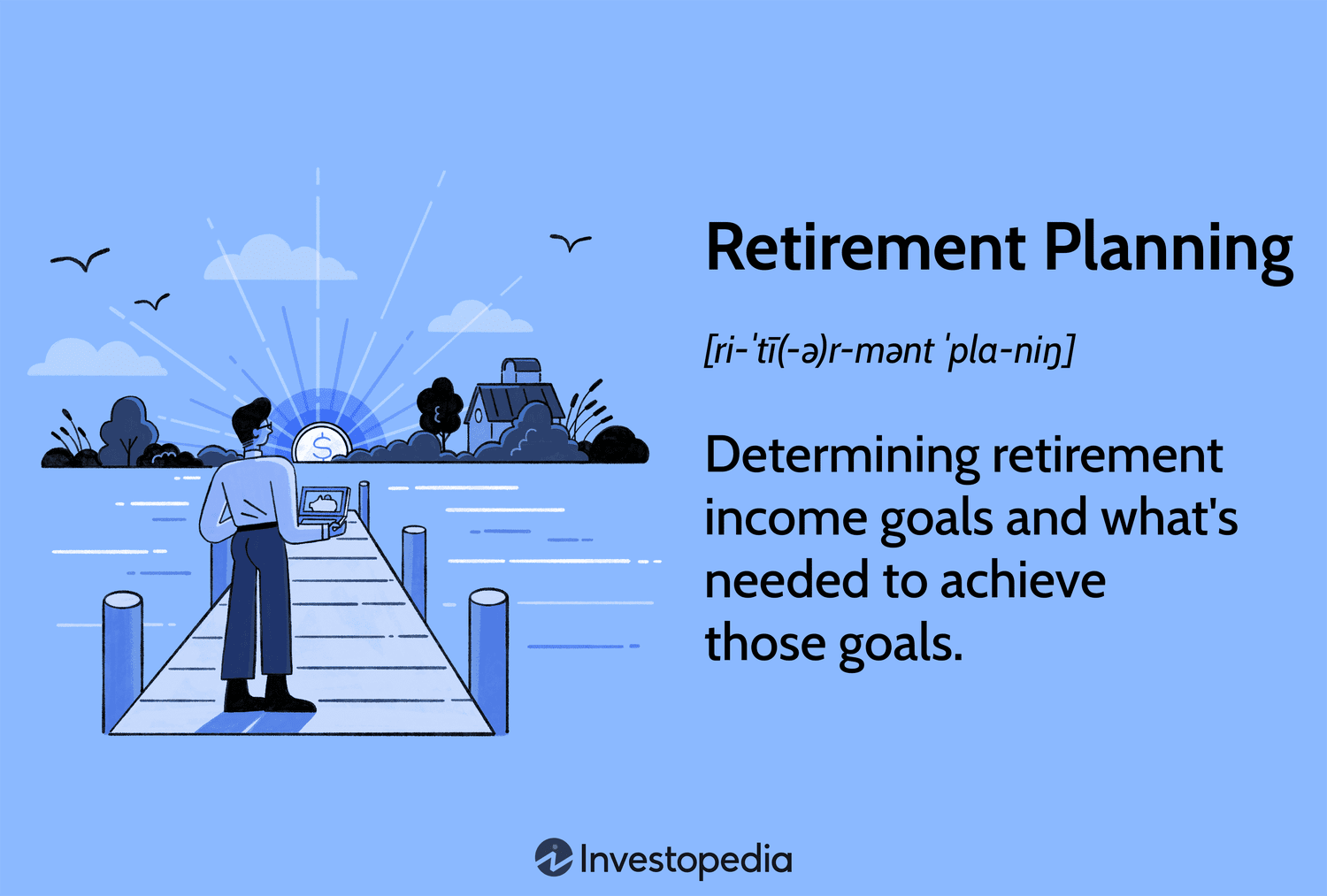Developing a Sound Retirement Plan as an Average Joe
Recently, my friend and I had a discussion about retirement planning. We are both approaching our 40s and have a young toddler. The scary part was that we will probably be in our 60s when our daughter start to have a stable job.
 |
| Image taken from Investopedia |
One topic we discussed was estate taxes on custodial accounts for non-U.S. citizens. It is important to be aware that there is a 40% estate tax on foreign nationals with over $60,000 in U.S. assets. This tax could potentially deplete any gains we accumulate over time. Therefore, we understood the need to devise a sound plan to ensure we maintain our wealth in retirement.
While long-term investing generally has positive outcomes, I believe it will be necessary to withdraw funds from those accounts at a certain stage. However, after withdrawing those funds, where else should the money be directed?
The next destination should meet three criteria: (1) be suitable for average joe, (2) provide future cash flow for retirement needs, and (3) not require establishing a will.
Property did not seem like a viable option, as managing real estate is beyond my current capabilities as an average joe in Singapore. Furthermore, my strengths are in investing.
For me, continued investing remains the top choice. But if U.S. companies are excluded due to estate tax implications, what other investment classes should I focus on? At this point, Singapore REITs were ruled out due to the long-term outlook and recent interest rate hikes negatively impacting some REIT yields.
After thorough deliberation, I concluded the following strategy best meets my needs:
1. Increase contributions to my partner's and my Central Provident Fund (CPF) accounts.
The CPF is Singapore's compulsory national pension program providing for retirement, healthcare, education, and housing needs. It is similar to a 401(k). Currently it offers guaranteed returns currently averaging 4% annually with easy nomination of beneficiaries without requiring a will. Payouts are also available in retirement.
2. Invest in DBS, one of Singapore's largest local banks with backing from Temasek.
It seems a safer long-term holding than REITs through various economic cycles, while still providing dividend income.
3. Pay off all debts, including housing loans, and transfer surplus funds to joint accounts for automatic distribution avoiding probate.
4. Continue developing new income streams through hustling.
The essence of my argument here is that by actively hustling, you can avoid tapping into your CPF funds or relying on dividends. Instead, you have the option to reinvest your earnings in DBS, explore joint names fixed deposits, or simply allow your money to continue growing.
Of course, with gaining more experience or changing circumstances, my views may evolve in the future. But for now, this multi-faceted strategy balances risk, growth, and secure legacy planning for me.
Stay Tuned.
Comments
Post a Comment